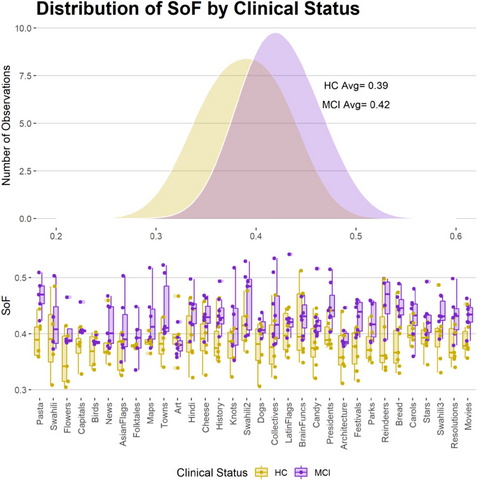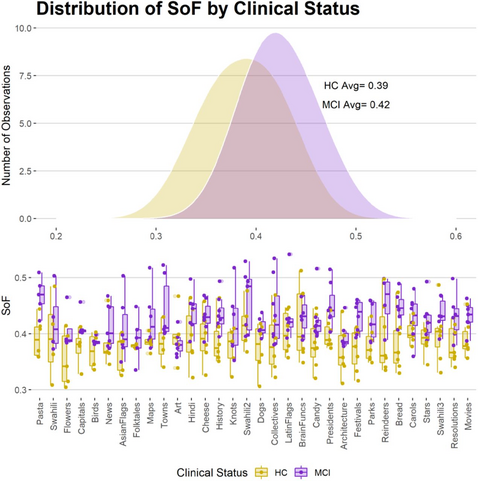https://www.nature.com/articles/s44220-025-00427-1
challenging paper for computational psychiatry, but it's luckily not just a black/white picture with possibly state being better captured by behavioral tasks
"Questionnaire-based measures can provide little insights on cognitive mechanisms as they rely only on verbal and mnesic processes. By contrast, behavioral measures and computationally derived parameters
may go beyond explicit processes and capture more accurately states than traits, which may be useful in informing therapeutic strategies in the short run (for example, capturing state impulsivity that may help to adapt a psychotropic treatment when facing a patient with suicidal ideation). Altogether, our results represent a cautionary tale about the utilization of behavioral tasks and model parameters as tools for investigating inter-individual differences along therapeutically or diagnostically relevant time windows, and about the challenges facing computational phenotyping for diagnosis and prognosis."
#computationalPsychiatry #neuroscience #testRetestReliability #behavior #questionnaires #psychology #neuroscience

